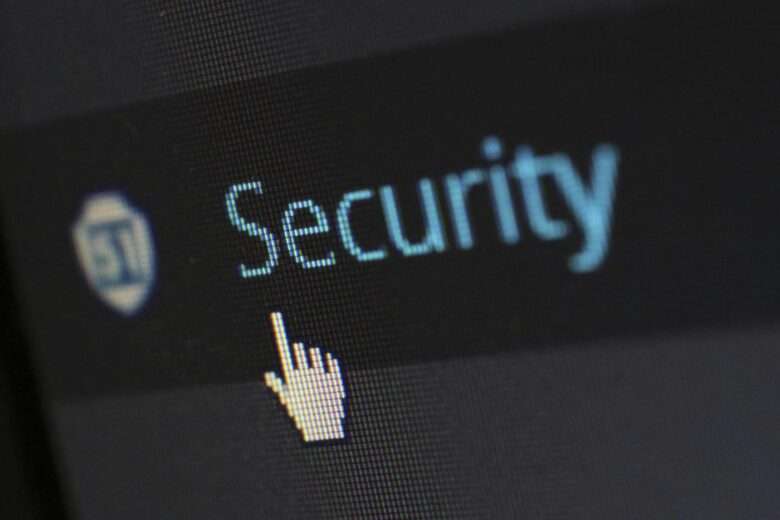The internet is a global platform, with many people spending an adequate amount of time connecting and working online. It’s common to access some sites that require you to share personal data while registering an account or purchasing an item. However, security has become increasingly important in this age due to the rise of cybercrime. The more public data is, the easier it has become for hackers to steal it and use it for malicious intent. It is not ideal to fall off the grid due to the other amazing benefits of staying online. Fortunately, there are measures you can put in place to protect yourself online.
Update Your Devices
Whether you are using your phone or laptop, you will find a reminder to update your device on your notification bar. Though these prompts are usually ignored, they save you time in the long run. Not only do you get a new version with better usability, but you also reinforce online security. Generally, updates get rid of bugs, enhance performance, and fix security flaws. On the other hand, using an outdated operating system can open the door to bad actors and expose you to cyberattacks like malware. If your device is running slowly and shutting down randomly, it might be time to update it. It would be advisable to buy a new device that supports the new OS.
Secure Your Connection
WiFi connections are not always secure, as your signal doesn’t end within the walls of your home or office. Some WiFi signals can extend up to 100 meters, so anyone within your range can access it. This makes you vulnerable to attacks. Bad actors can infiltrate your computer through your Wi-Fi network and plant a virus or monitor your accounts and passwords. If you are wondering how to safeguard your internet connection. Enter the virtual private network. It will act as a protective barrier between your device and the internet. It also hides your online activity, so hackers and online advertisers can’t track your activities. There are free and subscription-based VPNs on the market to choose from. If you are using public WiFi, a VPN is an essential tool because it adds a layer of security.
Educate Yourself
Cyber threats are becoming more advanced as technology evolves. To protect yourself online, you will need to educate yourself on the new scams and security traps that these criminals are employing. Consider following accounts that talk about cybersecurity or reading articles about it. You can also attend workshops or conferences that are organized for users. If you have a company, it would be advisable to take the training sessions seriously. For example, find out why it is important to hide your IP address. A quick online search on what is my IP can give you a ton of helpful information. Also, do thorough research on the apps you plan to download and ensure they are from trusted or official sources. Read on the symptoms of computer viruses as well so you can quickly detect and deal with an attack.
Shop Safely
Shopping online is fun and convenient, but it can also pose some risks. You never know what happens to your personal data on these platforms. To ensure your protection when shopping online, avoid clicking on offers that seem too good to be true, especially if they are links. Be informed about the company you are dealing with and read reviews to determine if they have a good reputation or not. While it is normal to fill in information when making purchases, be wary if the site is asking for too many details. You can also read their privacy policy to understand how accessible your information might become. Finally, before entering your credit card details, check the web address to see if it is secure. If it starts with ‘http,’ back off, but if it starts with ‘https,’ it is encrypted and safe to use.
Use Two-Factor Authentication
Though creating unique and strong passwords can keep you safe when browsing online, two-factor authentication increases your security. It ensures that your apps and whatever service you are logging in to double-check before logging in if you are accessing your account from a different device. If your password has been guessed or phished, the 2FA involves you in the login process by requesting a second factor. Without the second input, access is denied, and you are alerted of the attempt.
The internet will continue to experience rapid changes and growth, and as you explore it, it is crucial that you protect yourself online from numerous risks with these tips.
This article is a partnered post that contains affiliate links.

